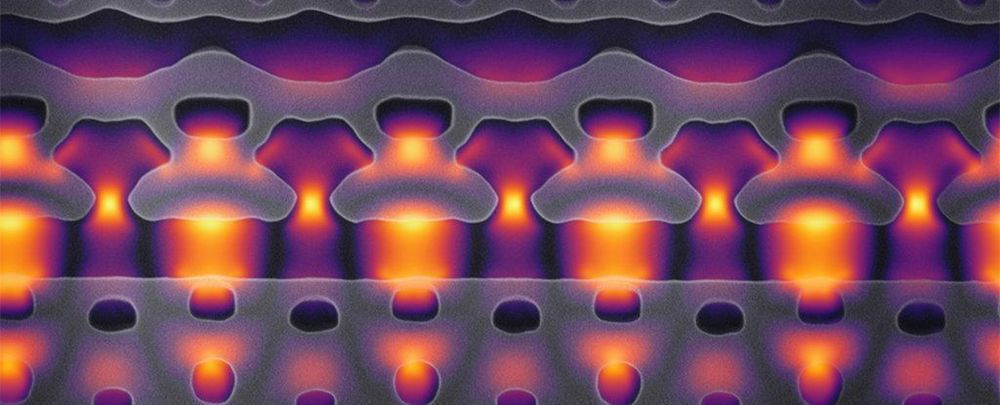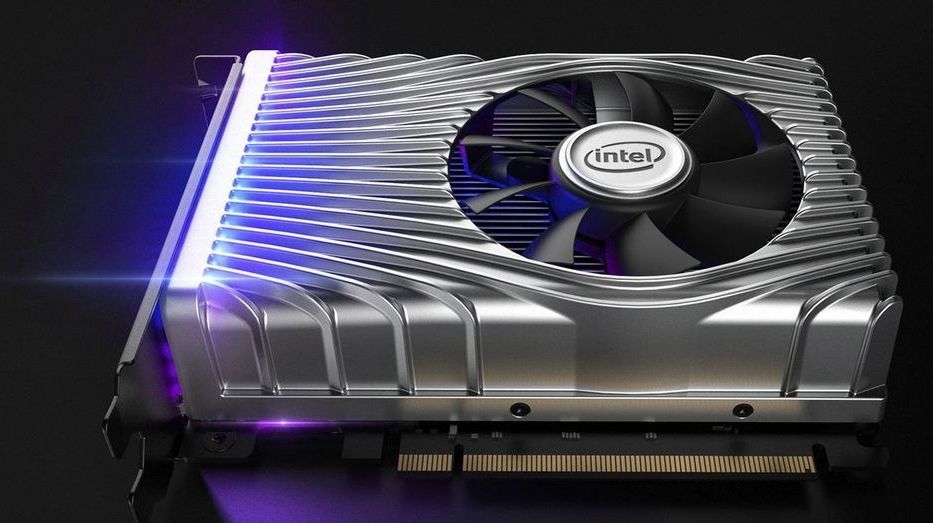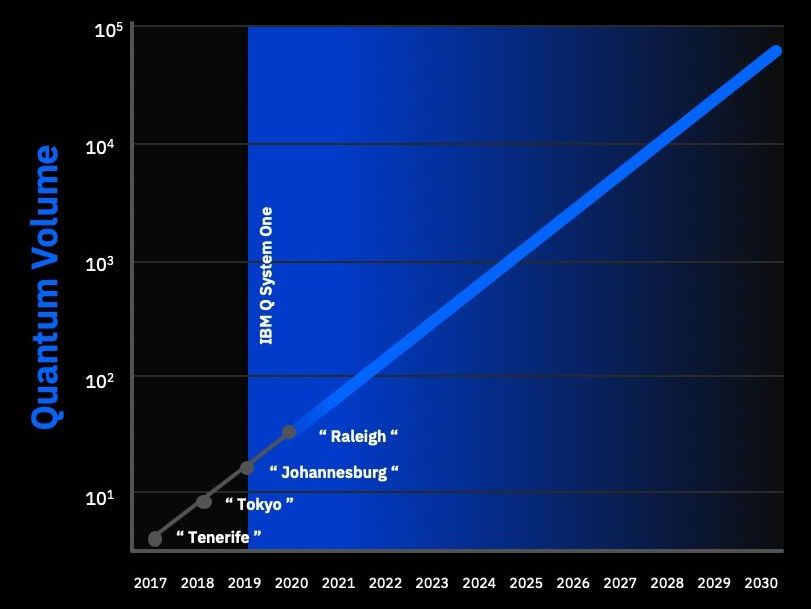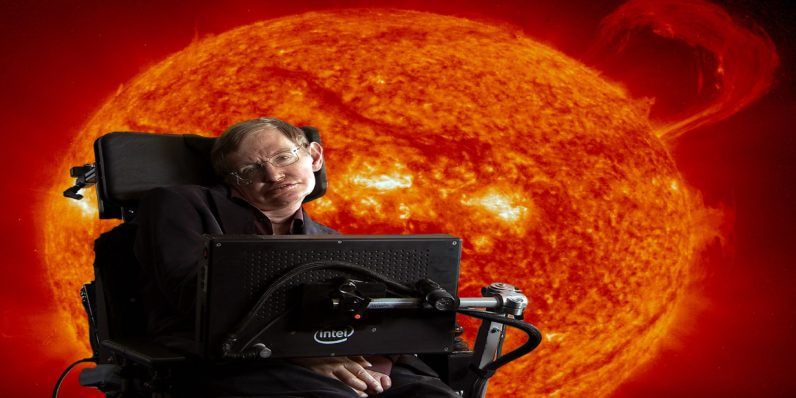In October 2019, Google made a big announcement. It announced its 53-qubit quantum computer named Sycamore had achieved ‘quantum supremacy.’ That’s when quantum computers can complete tasks exponentially more quickly than their classical counterparts. In this case, Google said its quantum machine completed a task in 200 seconds that would have taken the world’s most powerful computer 10,000 years to complete. IBM, another major player in quantum computing, took issue with the findings. Either way, it was a big milestone in quantum computing, and it’s leading to a lot of hype in the field. Here’s how quantum computing works, and how it could change everything from Wall Street to Big Pharma and beyond.
» Subscribe to CNBC: https://cnb.cx/SubscribeCNBC
» Subscribe to CNBC TV: https://cnb.cx/SubscribeCNBCtelevision
» Subscribe to CNBC Classic: https://cnb.cx/SubscribeCNBCclassic
About CNBC: From ‘Wall Street’ to ‘Main Street’ to award winning original documentaries and Reality TV series, CNBC has you covered. Experience special sneak peeks of your favorite shows, exclusive video and more.
Connect with CNBC News Online
Get the latest news: https://www.cnbc.com/
Follow CNBC on LinkedIn: https://cnb.cx/LinkedInCNBC
Follow CNBC News on Facebook: https://cnb.cx/LikeCNBC
Follow CNBC News on Twitter: https://cnb.cx/FollowCNBC
Follow CNBC News on Instagram: https://cnb.cx/InstagramCNBC
#CNBC
The hype over quantum computers, explained.







